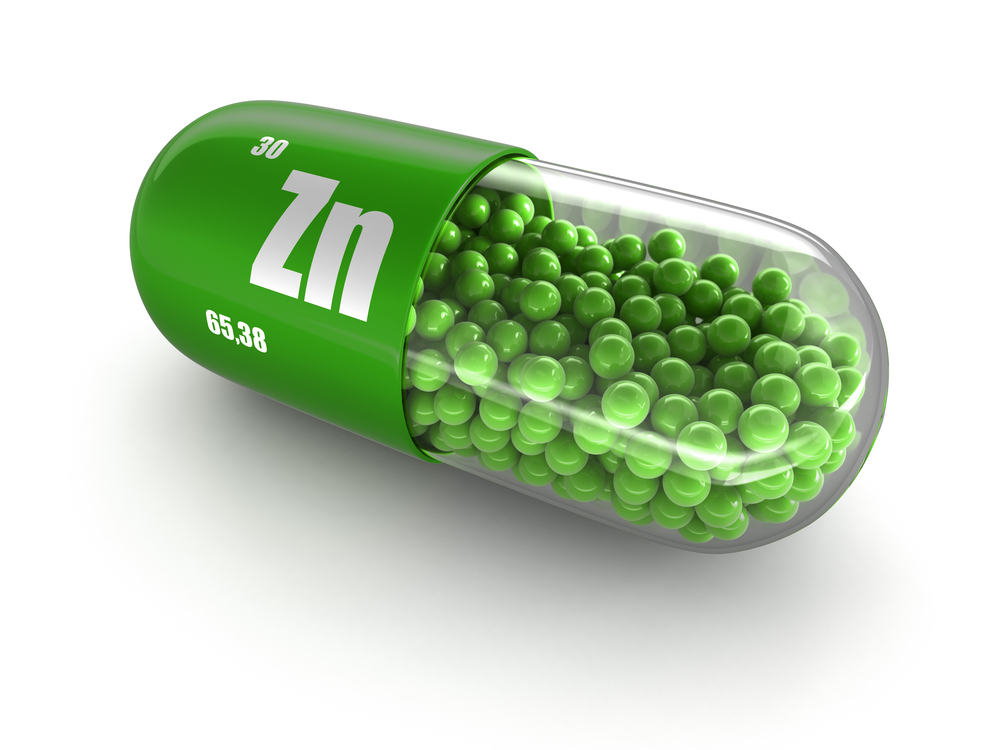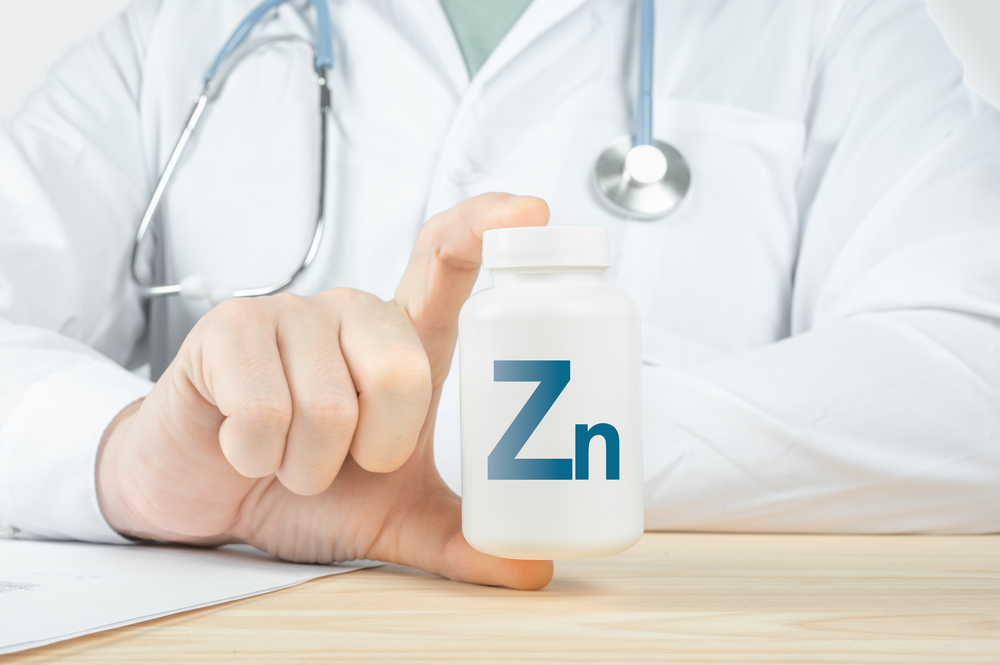Zinc is an essential nutrient that your body needs. It helps with immune function, human health, growth, and sense of taste. Adult women should be getting 8 mg of zinc a day while adult men should be getting 11 mg a day. Too much zinc though can be harmful to you and can cause a range of symptoms.
Excessive intake can lead to negative side effects. The most common cause of zinc toxicity is from too much supplemental intake. If you are allergic to zinc you should steer clear of taking any form of supplement. Make sure if you are taking other medications that they are ok to take with zinc supplements, some medications may interact negatively. Zinc is important for our daily health but taking too much can lead to chronic or acute zinc toxicity.
Zinc toxicity is when your body has too much zinc. This is usually caused by taking more than the recommended amount of a supplement. This can cause other nutrient deficiencies because zinc can interfere with other nutrients absorption into the body, such as copper or iron.
Symptoms of zinc toxicity are nausea, vomiting, headaches, loss of appetite, reduced immune function, diarrhea, decreased “good” cholesterol levels and abdominal cramps.
Welders or other people who work in the metallurgy field are at a higher risk of getting metal fume fever. This is when they inhale too much zinc or other metals. Symptoms of metal fume fever include chills, sweating, weakness, fever, muscle soreness, chest pain, coughing, and shortness of breath. Symptoms will usually start 2 hours after exposure.
Medications can sometimes not blend well with zinc. It is important to talk to a healthcare provider before you go on a zinc supplement to make sure it won’t adversely affect any other medications you are on. You should never take zinc at the same time as copper, iron, or manganese supplements. Give at least two hours between taking the zinc and one of these supplements. Don’t take zinc along with any antacids, such as Tums, or penicillamine. The effectiveness will not be the best.
Quinolone and Tetracycline antibiotics can interact negatively with zinc. Zinc can decrease how much of these are absorbed as well as decrease the effectiveness of these antibiotics.
If you are taking amiloride do not take zinc as well. Amiloride blocks the removal of zinc from the body. Taking a zinc supplement while on amiloride could lead to zinc toxicity.
Cisplatin is a treatment used for cancer. When taken with zinc, zinc can actually inactivate the treatment.
Penicillamine and Cepahlexin can both have the absorption decreased as well as the effectiveness decreased if taken with a zinc supplement.
Ritonavir, an HIV treatment, has shown decreased absorption when zinc supplements are taken with it. Integrase inhibitors which are a treatment for HIV and AIDS have a negative reaction from zinc. Zinc can decrease the blood levels of the integrase inhibitors as well as decrease the effectiveness.
If you are on medication before you start taking a zinc supplement, talk with a healthcare professional. Supplements are supposed to help your nutrient levels, not cause harm to you. Zinc is usually very safe to take. Medications that interact with zinc negatively may need to be taken at a different time of day than a zinc supplement if you need both. Talking with a healthcare provider about the correct dosage and when to take zinc can help make sure no zinc toxicity or adverse drug effects happen.
Zinc is an essential nutrient but too much zinc can interfere with iron and copper absorption. #HealthSurgeon
Sources:
https://www.rxlist.com/zinc/supplements.htm
https://www.medicalnewstoday.com/articles/326760#summary
https://www.webmd.com/vitamins/ai/ingredientmono-982/zinc
https://www.healthline.com/nutrition/zinc#deficiency









